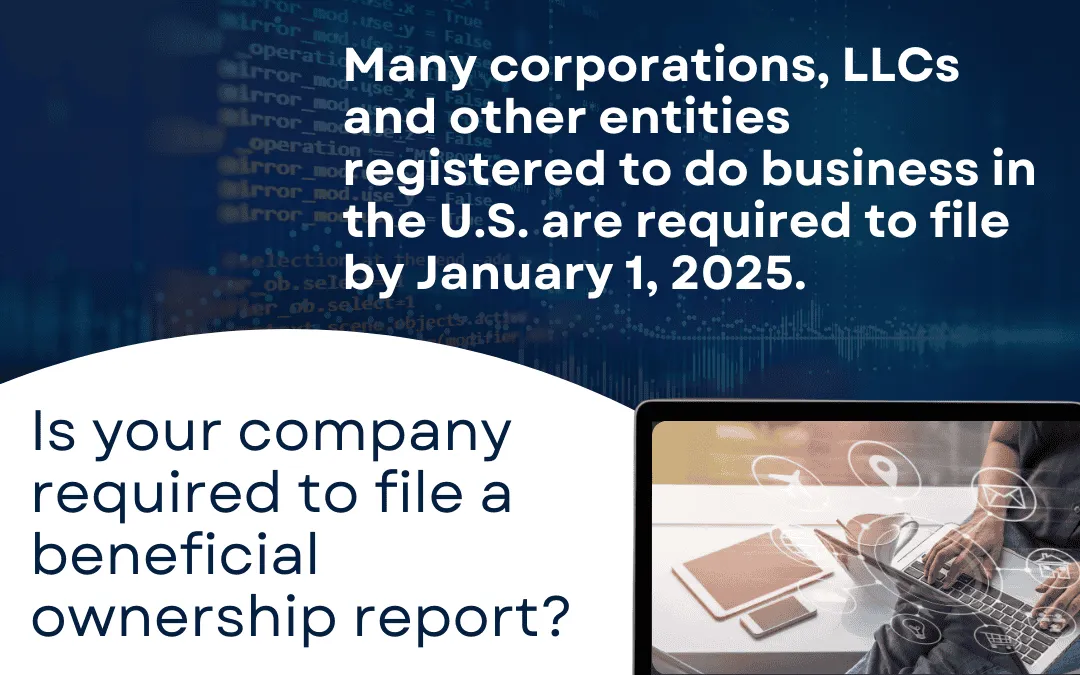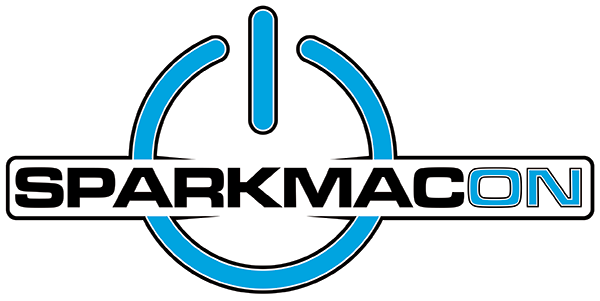
Don’t Miss the January 1, 2025 Deadline: What You Need to Know About Beneficial Ownership Reporting
TL;DR: Beneficial Ownership Reporting
- What: Beneficial ownership reporting is a federal requirement for businesses to disclose who owns and controls them.
- Why: To fight financial crimes like money laundering and terrorism financing.
- Who: Most small businesses and corporations need to report, except for a few exceptions.
- How: Provide details of the beneficial owners and file with the Financial Crimes Enforcement Network (FinCEN).
- When: The deadline is January 1, 2025, and it’s best to act now to avoid last-minute issues.
Let’s Talk Beneficial Ownership Reporting—It’s Urgent!
Hey entrepreneurs! If you’re just getting started or running your small business, here’s something you can’t ignore: beneficial ownership reporting. The clock is ticking, and the deadline is January 1, 2025. Don’t wait—get it done now! Let’s walk through what this means and why you should prioritize it today.
What’s Beneficial Ownership?
Beneficial ownership is just a fancy way of saying, “Who really owns or controls this business?” It’s about transparency—making sure the government knows who’s behind the company. This usually means:
- Anyone owning 25% or more of the business.
- Anyone who has significant control over the business’s decisions, like a CEO or director.
Why Should You Care?
The government’s goal is to crack down on shady activities like money laundering and tax evasion. For honest business owners like you, it’s also about creating a level playing field. Plus, if you miss the deadline, you could face big penalties or even criminal charges. Not fun.
Who Needs to File?
The requirement to file beneficial ownership information applies to a wide range of businesses. Here’s a detailed breakdown:
- Businesses That Must File:
- Corporations: Most privately held corporations are required to report.
- LLCs: Limited liability companies need to file regardless of size or revenue.
- Partnerships: General and limited partnerships are included.
- Nonprofits: Some nonprofits may need to file, depending on their structure and activities.
- Businesses That May Be Exempt:
- Large Companies: Businesses with 20+ employees, over $5 million in annual revenue, and a physical presence in the U.S. may qualify for exemptions.
- Heavily Regulated Entities: Banks, insurance companies, and publicly traded companies already report similar information and may not need to file.
- Dormant Entities: Certain inactive companies with no revenue or assets could be exempt.
If you’re unsure whether your business qualifies for an exemption, it’s best to consult a legal or financial expert. For a complete list of exemptions, refer to the FinCEN Beneficial Ownership Information Reporting Rule Fact Sheet (source).
What Info Do You Need?
You’ll need some basic details about the people who own or control the business:
- Full legal name
- Date of birth
- Residential address
- Identification numbers (like a driver’s license or passport)
This info will go to FinCEN, the Financial Crimes Enforcement Network.
Why Act Now?
There’s been confusion about whether the deadline might be extended, but here’s the deal: don’t wait. The process has been tricky for many businesses, with delays and technical hiccups. It’s better to get ahead of the game and file early. Waiting until the last minute could leave you in a bind.
How to File
- Gather Your Info: Start collecting details about your beneficial owners now.
- Visit FinCEN Online: The filing happens through their secure website.
- Fill Out the Form: Make sure everything is accurate.
- Submit and Save: Keep a copy of your confirmation for your records.
What Happens if You Don’t File?
Missing the deadline could cost you—literally. Penalties include fines and even legal trouble. Avoid the headache by staying ahead of this requirement.
Pro Tips to Stay on Track
- Get Organized: Keep your ownership info up to date.
- Set Reminders: Mark your calendar so you don’t forget annual filings.
- Ask for Help: If you’re unsure, talk to a business attorney or accountant. They’ll make it easier.
The Bottom Line
Beneficial ownership reporting isn’t just another bureaucratic task—it’s essential for keeping your business legit and transparent. The deadline is right around the corner, so don’t put this off. Act now, and if you need support, Spark Macon is here to help. Reach out today, and let’s get this done together!
Source: FinCEN Beneficial Ownership Information Reporting Rule Fact Sheet.


